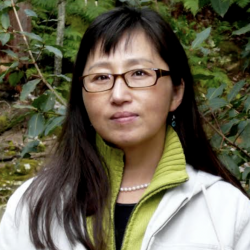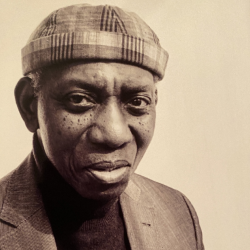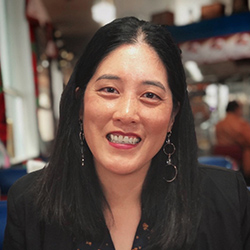I’ve always liked reading poetry in translation. In fact, I prefer it that way.
Poetry is the sound one language makes when it escapes into another.
Whatever you think you’ve missed is, as the saying goes, better left to the imagination.
It gives even a mediocre poem an ineffable essence.
Greater involvement on the part of the reader leads to greater enjoyment.
A bad translation, a clumsy one, is especially charming.
The poem is whatever cannot be killed by the translator.
Its will to survive, its willingness to be uprooted and flee its homeland is admirable. I almost want to say virile.
An untranslated poem is too attached to its author. It’s too raw.
An untranslatable poem that hordes its meaning, whose borders are too guarded, is better unsaid.
For years, I copied authors from around the world. Then one day it occurred to me, perhaps it’s the translator I imitate, not the poet. This idea pleases me and makes me want to write more.
It would be great to learn French in order to read William Carlos Williams.
Translators are the true transcendentalists.
Notes on the Poem
We begin the week with "Found in Translation," a poem by Elaine Equi from her 2008 shortlisted collection, Ripple Effect: New and Selected Poems (Coffee House Press). Equi’s sophisticated prose explores the multifaceted and deeply fascinating relationship between poetry and translation. “Poetry is the sound one language makes when it escapes into another,” she writes, equating poetry to the very act of translation. Of the collection, the judges said: “The words could stand as an accurate description of Equi’s own highly distinct poems. They too move with a bounce and twist; they have their own insouciant, confident wit, their own beautifully poised way of looking outward at the world in all its quirky variousness, while at the same time retaining an uncompromised inwardness: the registering of a complex, sophisticated poetic self.” Listen to Equi’s Griffin Poetry Prize reading here.









